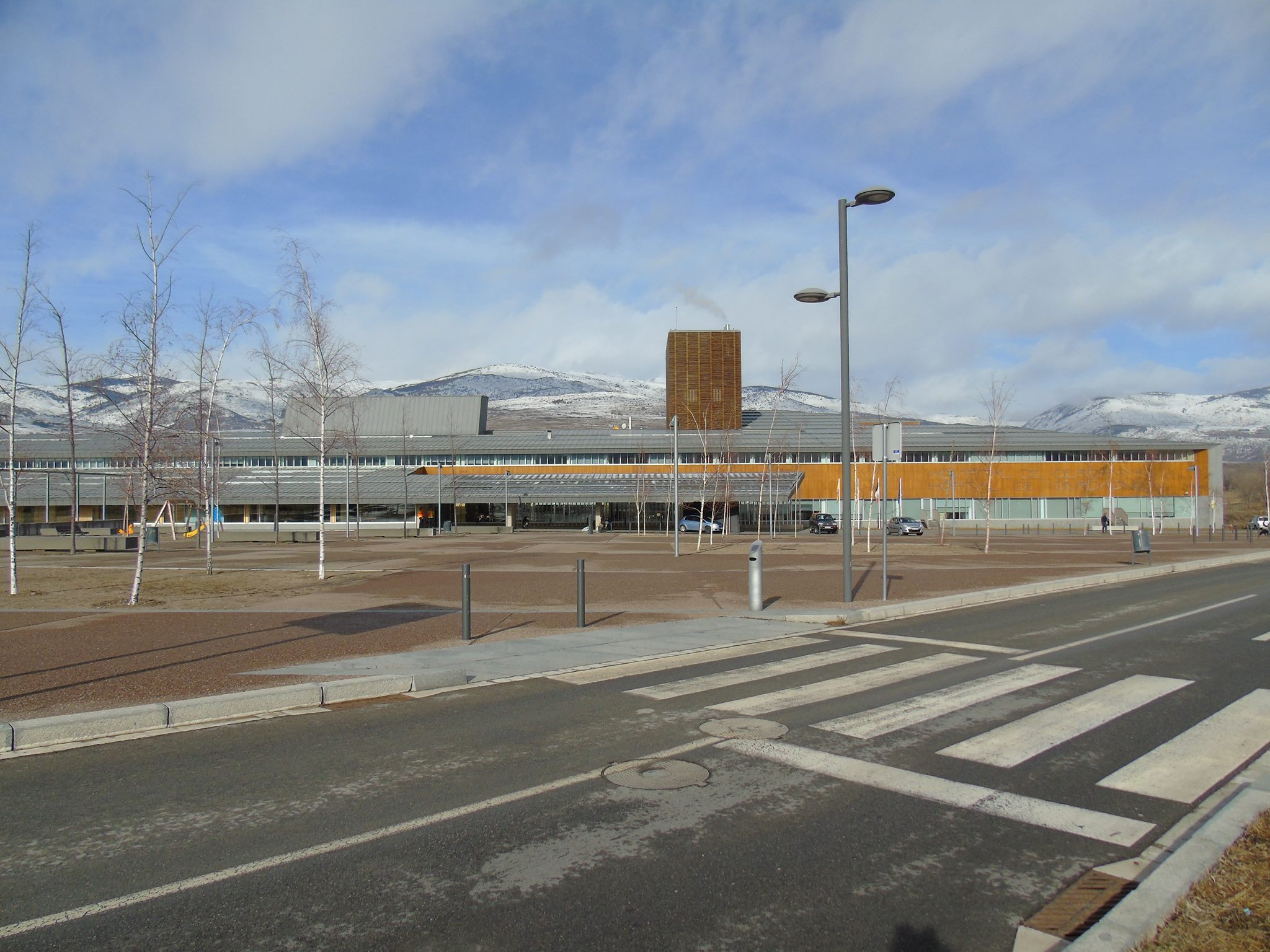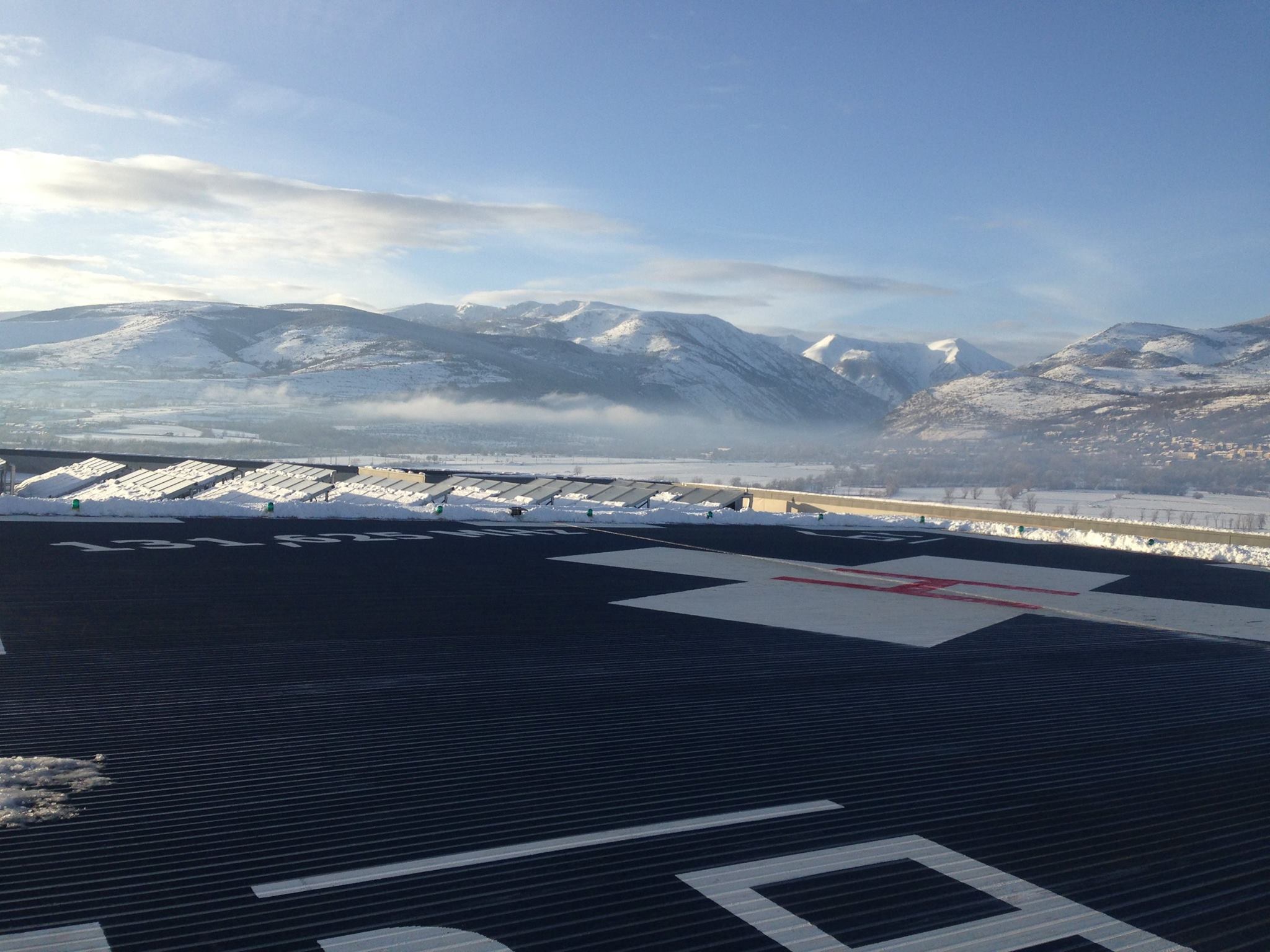A cross-border hospital to make up for the lack of medical care in the Pyrenees
The EGTC Hospital of Cerdanya is the first cross-border hospital in Europe. Located in the municipality of Puigcerdà (Catalonia, Spain), a few meters from the French border, it aims at providing healthcare services on both sides of the French-Spanish border in a mountainous area where people had to drive 1h30 to reach the closest hospital in Perpignan, in France.
A common hospital for a cross-border medical wasteland
About 33.000 people live permanently in the Cerdanya valley, in the Pyrenees – a figure that can be quadrupled in winter with the arrival of tourists during the ski season. The lack of access to healthcare in this mountainous area led in 2003 the Catalonian and French Ministries of Health to discuss the creation of a cross-border hospital and to formalise the creation of the European Grouping of Territorial Cooperation – Hospital of Cerdanya in 2010.
The Cerdanya valley and the French Capcir region, are real medical wastelands with very poor health services offered to local population except from rural family doctors. Nowadays, the competence area of the Cerdanya Hospital covers 1340 km² and includes 53 municipalities in total, of which 17 in Cerdanya valley and 36 in the Capcir region. The objective of this cross-border hospital is to optimise the management of Catalan and French resources in order to improve the care offered to local communities with an innovative model : the Cerdanya Hospital offers medical assistance to its entire population, based not on administrative borders but on the criteria of geographical proximity. A French resident therefore does not need to reach Perpignan Hospital anymore and can access medical care on the Spanish side in Cerdanya.
The cross-border hospital provides in particular emergency and obstetric care, which are usually the most urgent needs but could previously only be treated more than 100 km away. 68 beds are available for short stay patients and is also equipped with important facilities such as an MRI and a scanner, especially useful during the ski season.

Different languages, cultures and medical practices
At the reception desk multilingualism is mandatory to be able to communicate with patients and staff in French, Spanish and Catalan. The proportion of Spanish in the staff is around 60%, and 40% are French. Nurses are therefore assigned to the different services in these proportions to ensure a balanced availability of languages and, a particularly of Cerdanya Hospital, nurses always work in pairs to avoid any language issue.
In the hospital’s pharmacy, the international name of the molecules is used. Of course, medical practices may vary from country to country, so more precautions are taken in Cerdanya. “In research, there is some controversy about how many ultrasounds or toxoplasmosis tests should be done. In France, they do an extra toxoplasmosis, in Catalonia they do an extra ultrasound. So at the hospital in Cerdanya, all women have an ultrasound and an extra toxo,” explains Enric Subirats, a Spanish doctor.
Shared resources and governance
The hospital was built between 2003 and 2013 and officially opened in September 2014. In order to promote cooperation between the countries of the Union, the EU, by Regulation (EC) No 1082/2006, created the legal framework for the European Grouping of Territorial Cooperation (EGTC). The EGTC has therefore become the only adequate structure to achieve the success of this project and the EGTC Hospital of Cerdanya was created in 2010 to fix the objectives, governance and funding of the hospital.
Since the hospital opened, both equipment costs and the annual operating budget and co-financed by Catalonia (at 60%) and France (at 40%). The governance of the hospital also relies in the hands of its Board of Directors, whose members come from both sides of the border.
Yet, it still faces many obstacles in its daily functioning, for instance on employment contracts or staff health insurances. Complex issues linked to the presence of the border have had to be dealt with, such as those of births (and civil registration) or the repatriation of bodies on the other side in the event of death. Still, Cerdanya Hospital progressively resolved these administrative borders and offers a real universal health service.
